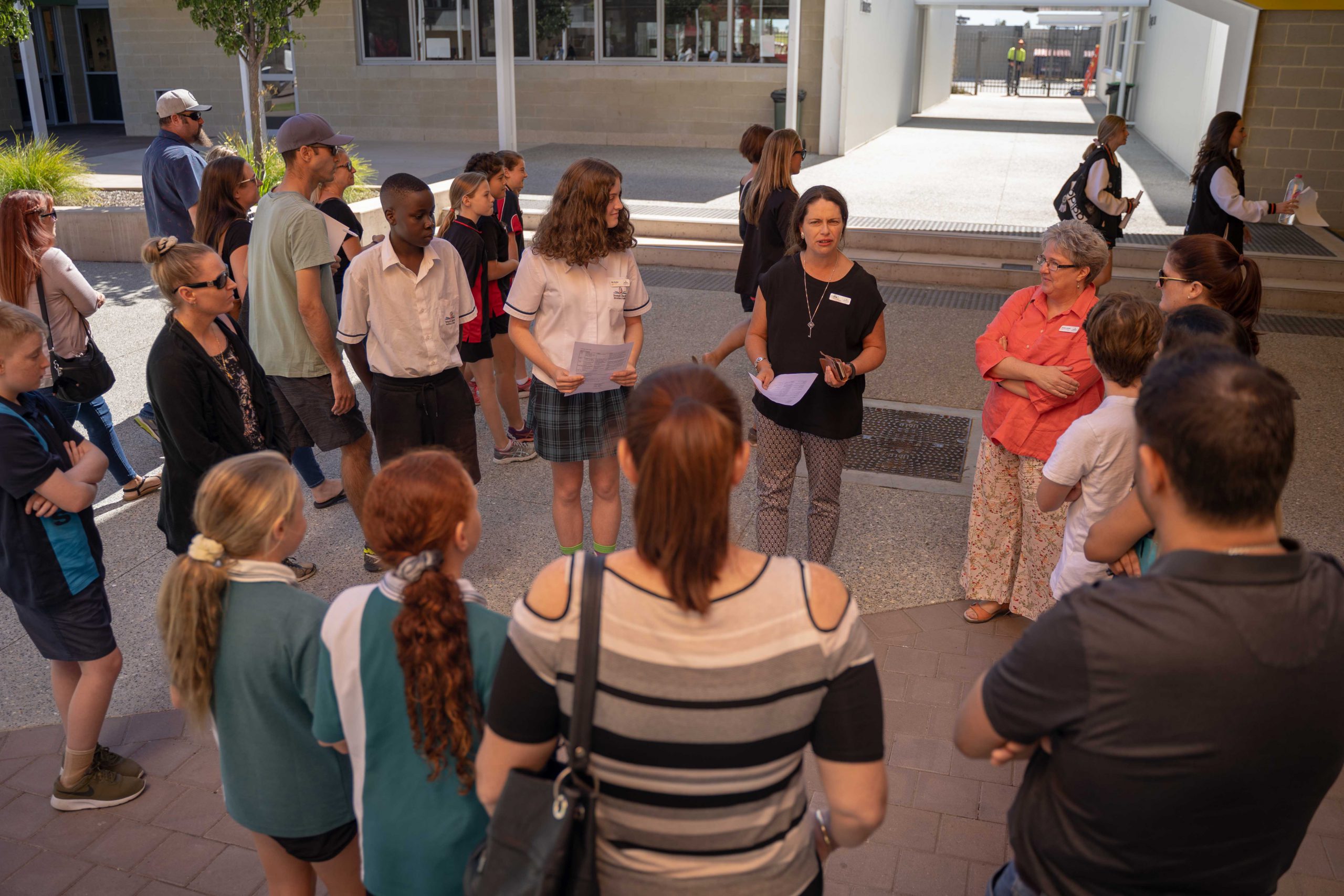Mathematics Specialist (ATAR)
Course Code: AEMAS/ATMAS
Domain: Maths
Timetable: Semester 1 and 2
Length of Course: 2 Years
Unit Information
The Mathematics Specialist (ATAR) course has been designed to be taken in conjunction with the
Mathematical Methods (ATAR) course. The subject contains topics in functions, calculus, probability and
statistics that build on and deepen the ideas presented in the Mathematical Methods (ATAR) course and
demonstrate their application in many areas. Vectors, complex numbers and matrices are introduced. The
Mathematics Specialist (ATAR) course is designed for students with a strong interest in mathematics, including
those intending to study mathematics, statistics, all sciences and associated fields, economics or engineering
at university.
For all content areas of the Mathematics Specialist (ATAR) course, the proficiency strands of the Year 7–10
curriculum continue to be applicable and should be inherent in students’ learning of the subject. These
strands are Understanding, Fluency, Problem-solving and Reasoning and they are both essential and
mutually reinforcing. For all content areas, practice allows students to achieve fluency of skills, such as
finding the scalar product of two vectors, or finding the area of a region contained between curves, freeing
up working memory for more complex aspects of problem-solving. In the Mathematics Specialist (ATAR)
course, the formal explanation of reasoning through mathematical proof takes on an important role and the
ability to present the solution of any problem in a logical and clear manner is of paramount importance. The
ability to transfer skills learned to solve one class of problem, for example, integration, to solve another class
of problem, such as in biology, kinematics or statistics, is a vital part of mathematics learning in this subject.
Year 11
Unit One
Unit 1 of the Mathematics Specialist (ATAR) course contains three topics: Combinatorics, Vectors in the plane,
and Geometry that complement the content of the Mathematical Methods (ATAR) course. The proficiency
strand, Reasoning, of the Year 7–10 curriculum is continued explicitly in Geometry through a discussion of
developing mathematical arguments. While these ideas are illustrated through deductive Euclidean
geometry in this topic, they recur throughout all topics in the Mathematics Specialist (ATAR) course.
Geometry also provides the opportunity to summarise and extend students’ studies in Euclidean Geometry.
An understanding of this topic is of great benefit in the study of later topics in the course, including vectors
and complex numbers.
Vectors in the plane provides new perspectives for working with two-dimensional space and serves as an
introduction to techniques that will be extended to three-dimensional space in Unit 3.
Combinatorics provides techniques that are useful in many areas of mathematics, including probability and
algebra. All topics develop students’ ability to construct mathematical arguments.
The three topics considerably broaden students’ mathematical experience and therefore begin an
awakening to the breadth and utility of the course. They also enable students to increase their mathematical
flexibility and versatility.
Unit Two
Unit 2 of the Mathematics Specialist (ATAR) course contains three topics: Trigonometry, Matrices, and Real
and complex numbers.
Trigonometry contains techniques that are used in other topics in both this unit and Unit 3. Real and
complex numbers provides a continuation of students’ study of numbers, and the study of complex numbers
is continued in Unit 3. This topic also contains a section on proof by mathematical induction. The study of
Matrices is undertaken, including applications to linear transformations of the plane.
Year 12
Unit Three
Unit 3 of the Mathematics Specialist (ATAR) course contains three topics: Complex numbers, Functions and
sketching graphs and Vectors in three dimensions. The study of vectors was introduced in Unit 1 with a focus
on vectors in two-dimensional space. In this unit, three-dimensional vectors are studied and vector
equations and vector calculus are introduced, with the latter extending students’ knowledge of calculus from
the Mathematics Methods (ATAR) course. Cartesian and vector equations, together with equations of planes,
enables students to solve geometric problems and to solve problems involving motion in three-dimensional
space. The Cartesian form of complex numbers was introduced in Unit 2, and the study of complex numbers
is now extended to the polar form.
The study of functions and techniques of graph sketching, begun in the Mathematics Methods (ATAR) course,
is extended and applied in sketching graphs and solving problems involving integration.
Unit Four
Unit 4 of the Mathematics Specialist (ATAR) course contains three topics: Integration and applications of
integration, Rates of change and differential equations and Statistical inference.
In Unit 4, the study of differentiation and integration of functions continues, and the calculus techniques
developed in this and previous topics are applied to simple differential equations, in particular in biology and
kinematics. These topics demonstrate the real-world applications of the mathematics learned throughout
the Mathematics Specialist (ATAR) course.
In this unit, all of the students’ previous experience working with probability and statistics is drawn together
in the study of statistical inference for the distribution of sample means and confidence intervals for sample
means.
Pathway Information
Tertiary
Workforce
Students undertaking this course may wish to consider tertiary studies in:
- Bachelor of Science
- Bachelor of Commerce
This course suits direct workforce entry into the following:
- Insurance Agent
- Laboratory Worker
Additional Information
Estimated Charges: $60 per year



